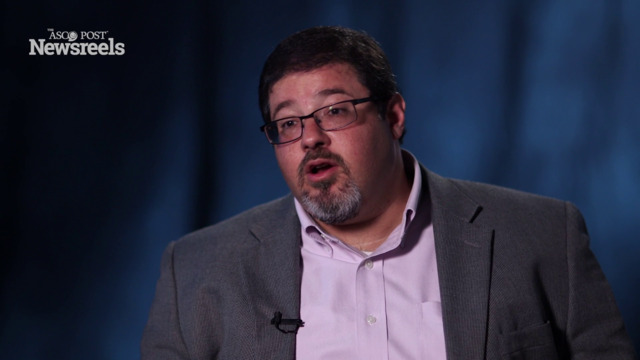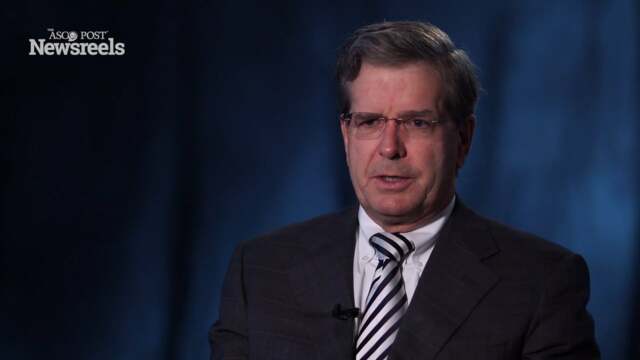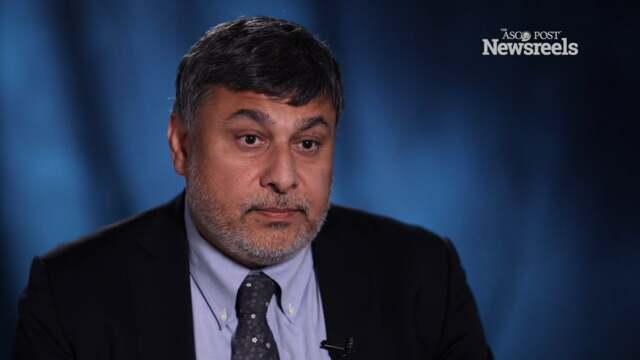Guneet Walia, PhD, on Central Issues in Lung Cancer Care
2015 IASLC World Conference on Lung Cancer
Guneet Walia, PhD, of the Lung Cancer Foundation, summarizes some key presentations: bridging the quality chasm, patients’ attitudes and physicians’ perceptions on maintenance therapy, and patient advocacy.
Howard Jack West, MD
Howard Jack West, MD, of the Swedish Cancer Institute, summarizes three important papers: anlotinib as third-line treatment for refractory advanced non–small cell lung cancer; the EGFR exon 20 mutation as a prognostic/predictive biomarker; and EGFR exon 18 mutations as molecular predictors of sensitivity to afatinib or neratinib (Abstracts ORAL 3.01, 3.02, and 3.03).
Fred R. Hirsch, MD, PhD and Paul A. Bunn, Jr., MD
Fred R. Hirsch, MD, PhD, of the University of Colorado Health Science Center, and Paul A. Bunn, Jr, MD, of the University of Colorado Cancer Center, give their views on the goals and important presentations of the 2015 World Conference on Lung Cancer.
James R. Jett, MD
James R. Jett, MD, of National Jewish Health, discusses his study of the early CDT-Lung biomarker. His hypothesis: When used in combination with low-dose CT in screening of a high-risk population, this biomarker would increase the detection of early-stage lung cancer (Abstract MINI 12.11).
James L. Mulshine, MD
James L. Mulshine, MD, of Rush University Medical Center, discusses the profound challenges of implementing national CT screening to ensure delivery of high-quality, best-practice early lung cancer detection in the target population of tobacco-exposed individuals (Abstract MS 15.01).
Naiyer A. Rizvi, MD
Naiyer A. Rizvi, MD, of Columbia University, offers an update on immune checkpoint inhibitors in non–small cell lung cancer: what’s new and what’s next.





